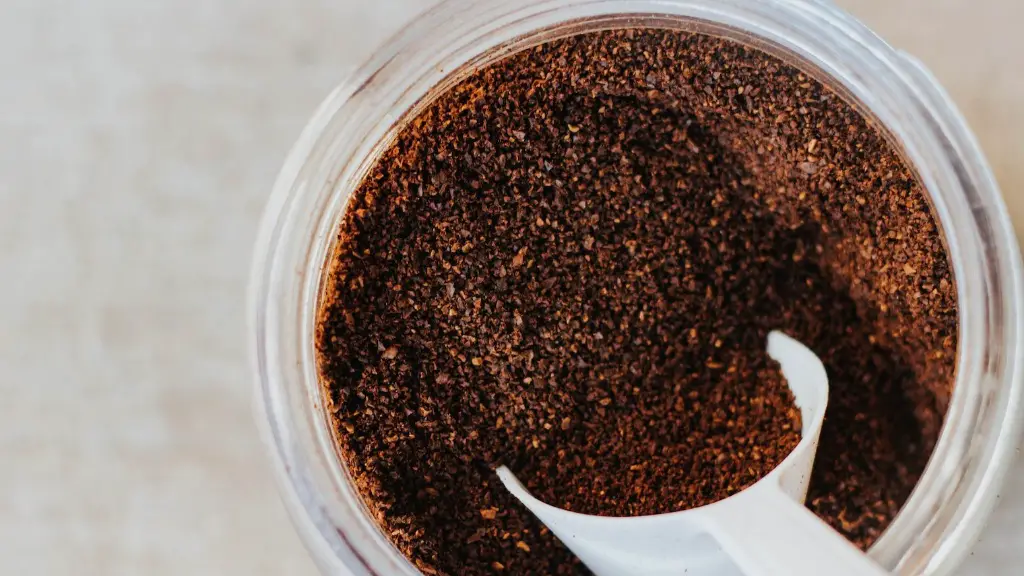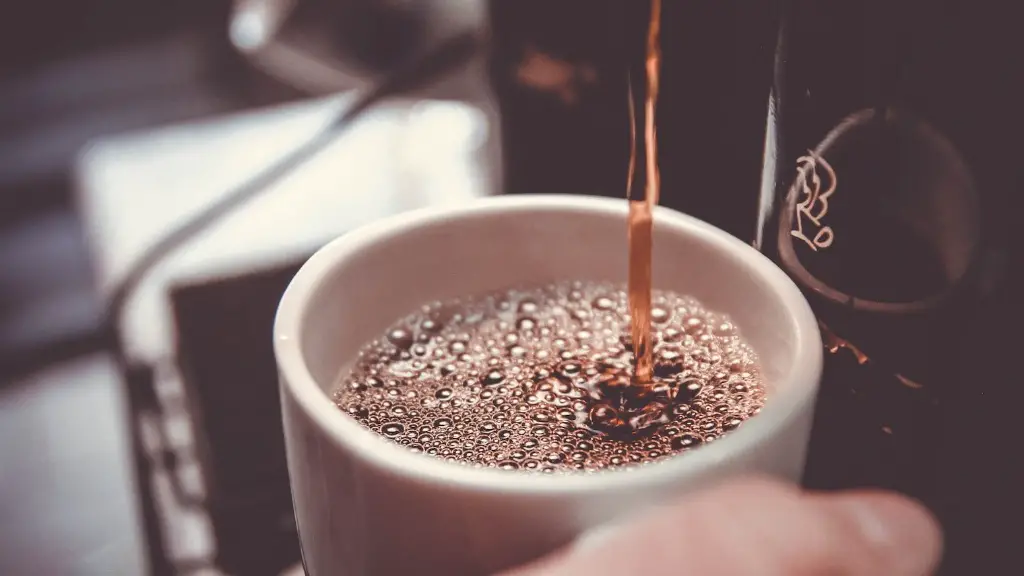Physical Effects
Though some people feel that drinking coffee before sleep can help them sleep better, the truth is that caffeine triggers the body’s excitatory response and can have lasting effects on physical health. Caffeine is a stimulant, which increases the body’s alertness and heart rate. Drinking coffee too close to bedtime can therefore have a negative effect on sleep. Caffeine consumption has been linked to a myriad of medical conditions, including insomnia, anxiety, heart palpitations, restlessness, headaches and even depression. While it is possible to get away with drinking coffee before bed at times, it is not advisable to do so regularly and for long periods.
Caffeine can also affect the body’s circadian rhythm, which regulates when the average person feels sleepy. A disrupted circadian rhythm can lead to a range of sleeping problems and can make it difficult for an individual to get a good night’s rest. Additionally, drinking coffee before bed can cause muscle cramps, irritability, decreased libido, fatigue and muscle soreness, which can all interfere with relaxation and enjoy a good night’s sleep.
Mental Effects
The effects of coffee on mental health can also be detrimental. Drinking coffee late in the evening can affect an individual’s mood and stress levels by releasing cortisol (the hormone associated with stress) into the body. This can cause difficulty in winding down and lead to difficulty sleeping. Caffeine has also been linked to anxiety and depression, with studies showing that it can exacerbate pre-existing mental health conditions.
Coffee has also been found to have effects on memory and concentration. An increased heart rate and alertness resulting from caffeine can make it difficult to concentrate and remember critical information, thus reducing a person’s ability to perform tasks requiring focus and attention. Regular coffee consumption has also been linked to short-term memory loss, confusion and impaired decision-making.
Sleep Disorders
Sleep disorders can also be associated with drinking coffee too close to bedtime. Disrupted sleep patterns and restlessness can be caused by elevated caffeine levels in the body that cause difficulty falling asleep. This can lead to a decrease in the quality of sleep, making it harder to enter a deep, restorative sleep.
Furthermore, individuals that drink coffee before bed are more likely to experience daytime sleepiness, which can lead to fatigue, decreased alertness and concentration during the day. If a person has poor sleep hygiene such as drinking coffee too late in the evening, this can lead to insomnia or other sleep disorders.
Recommendations
In order to avoid the potential negative effects of drinking coffee before bed, it is recommended to stop drinking any caffeine at least four to six hours prior to bedtime. If an individual really needs a boost of energy in the evening, they should opt for a decaffeinated beverage such as herbal tea or decaffeinated coffee. Additionally, it is important to develop a sleep routine that consists of avoiding caffeine late in the day and engaging in relaxing activities such as reading or stretching.
Making sure to get an adequate amount of sleep is essential for physical and mental well-being. Thus, it is important to make sure not to drink coffee too late in the evening to ensure that good sleep hygiene is maintained and that any potential negative effects associated with drinking coffee before bed are avoided.
Impact on Social Life
The effects of drinking coffee can also have an impact on social life. The physical and mental side effects associated with caffeine can make an individual less personable and less able to engage in conversations. Caffeine can also disrupt the body’s sleep patterns, leading to a lack of energy during the day. This can make it difficult to carry out day-to-day activities and to interact with people.
Furthermore, drinking coffee late in the evening can lead to a disruption in the body’s circadian rhythm. Maintaining a regular sleep pattern is important for maintaining overall health and even for developing relationships with people. When people are functioning on a disrupted sleep schedule, it becomes harder for them to interact with those around them, which can lead to decreased quality of life.
Effects on Performance
The effects of drinking coffee too late in the day can also have an impact on performance. Caffeine can have both positive and negative effects on an individual’s ability to perform certain tasks. Studies have shown that a moderate and moderate-to-high consumption of caffeine prior to exercise or mental tasks can be beneficial and can lead to improved performance. However, drinking coffee late in the evening can have the opposite effect and can lead to decreased performance due to impaired concentration and alertness.
Elevated heart rate, irritability and muscle soreness associated with caffeine consumption can also affect an individual’s performance. Additionally, the effects of drinking coffee can interfere with the quality of sleep and the sleep cycle, both of which can affect focus and concentration during the day. This can impede an individual’s performance at work, school or other daily tasks.
Long-term Effects
Though the effects of drinking coffee too close to bedtime may not be immediate, they can have lasting effects on physical and mental health. Drinking coffee late in the evening can lead to an increase in cortisol levels and long-term stress, both of which can lead to an increased risk of certain medical conditions such as hypertension, heart disease, and diabetes. Additionally, poor sleep hygiene associated with drinking coffee prior to bed can lead to a decrease in quality of life, including difficulty concentrating and lack of energy.
Poor quality of sleep has also been linked to increased risk of obesity and depression. Lastly, drinking coffee too late in the evening can increase the risk of developing sleep disorders, such as insomnia. It is therefore important to be mindful of when and how much coffee is consumed in order to ensure a good night’s sleep and to avoid any potential long-term health consequences.



